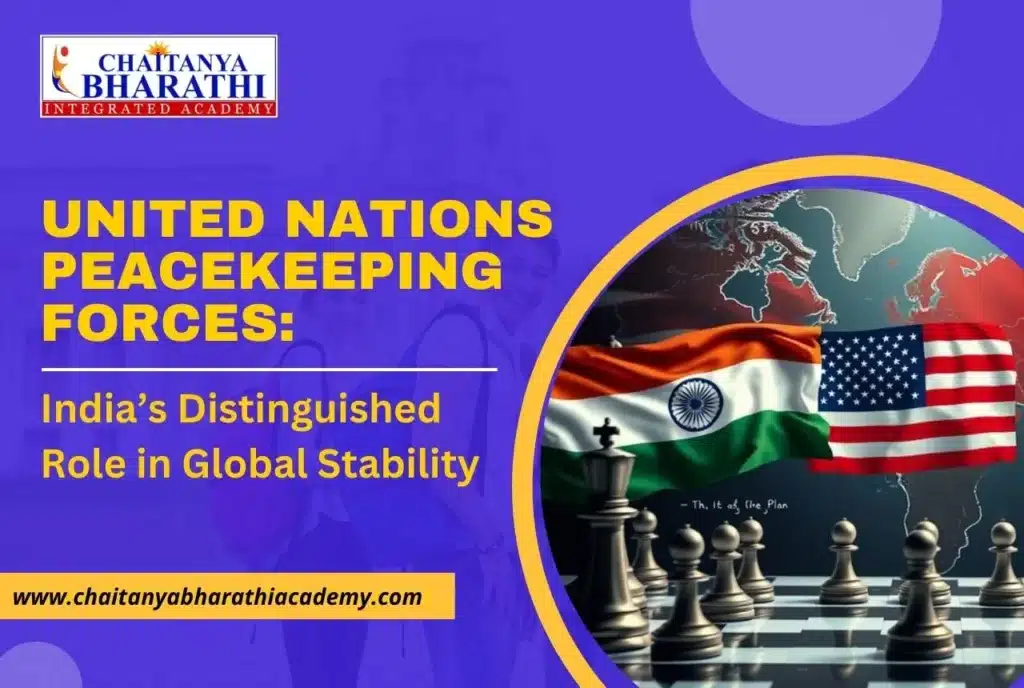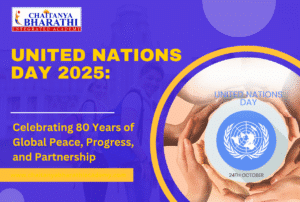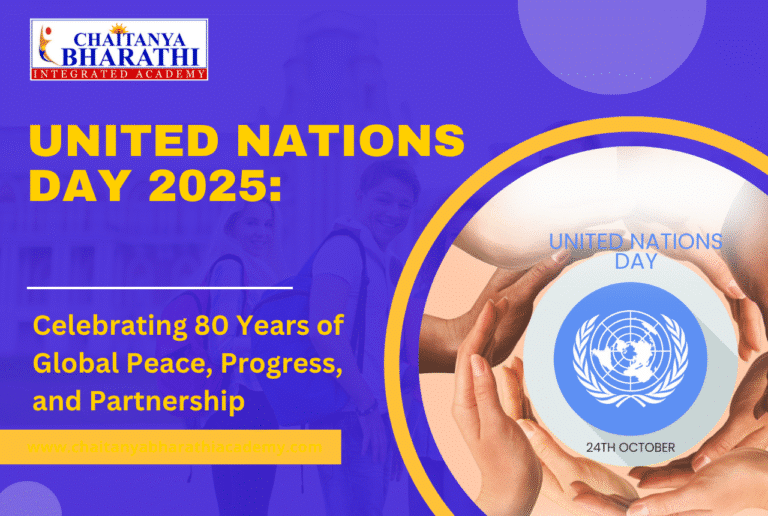Explore the history and significance of United Nations peacekeeping forces with a focus on India’s vital role. Learn how the UN mission Indian Army strengthens global peace, and why India and the UN share a lasting partnership in international security.
The idea of nations working together to secure peace and prevent conflict has been one of the greatest achievements of the modern international system. Among the many initiatives that reflect this spirit, United Nations peacekeeping forces stand out as a unique and powerful symbol of global cooperation. Since its inception, United Nations peacekeeping has brought together soldiers, police officers, and civilian experts from across the world to restore stability in conflict-ridden areas and to support nations in rebuilding after war.
India’s relationship with the United Nations has been both historic and profound. As one of the earliest and largest contributors of troops, the UN mission Indian Army has become synonymous with courage, professionalism, and humanitarian values. The country’s consistent participation in peacekeeping UN missions demonstrates its deep commitment to global peace and harmony.
This blog highlights the origins, challenges, and significance of United Nations and peacekeeping, while giving special attention to India and the UN and the vital contributions of the Indian Army.
The Birth and Growth of Peacekeeping
The concept of peacekeeping force UN operations emerged in 1948 with the United Nations Truce Supervision Organization (UNTSO), which was tasked with monitoring ceasefires in the Middle East. Unlike traditional military campaigns, these missions were designed not to wage war but to prevent it. Over time, the role of UN peacekeeping forces expanded from monitoring borders to protecting civilians, supporting electoral processes, disarming combatants, and assisting in post-war governance.
Today, these missions symbolize the belief that collective international action can help societies recover from conflict and lay the foundations for sustainable peace.
India and the United Nations: A Long-Standing Partnership
India and United Nations relations date back to the very formation of the UN. India was among the founding members and has since played an active role in shaping international debates on peace, development, and justice. The principles of non-violence and peaceful coexistence, deeply rooted in India’s own freedom movement, align closely with the objectives of United Nations and peacekeeping.
Over the decades, India has emerged as one of the largest contributors of troops to peacekeeping missions. This reflects not only India’s belief in global responsibility but also its willingness to share the burden of maintaining international security. India and the UN have therefore built a relationship of mutual respect, where India’s contributions reinforce the credibility of peacekeeping as a global institution.
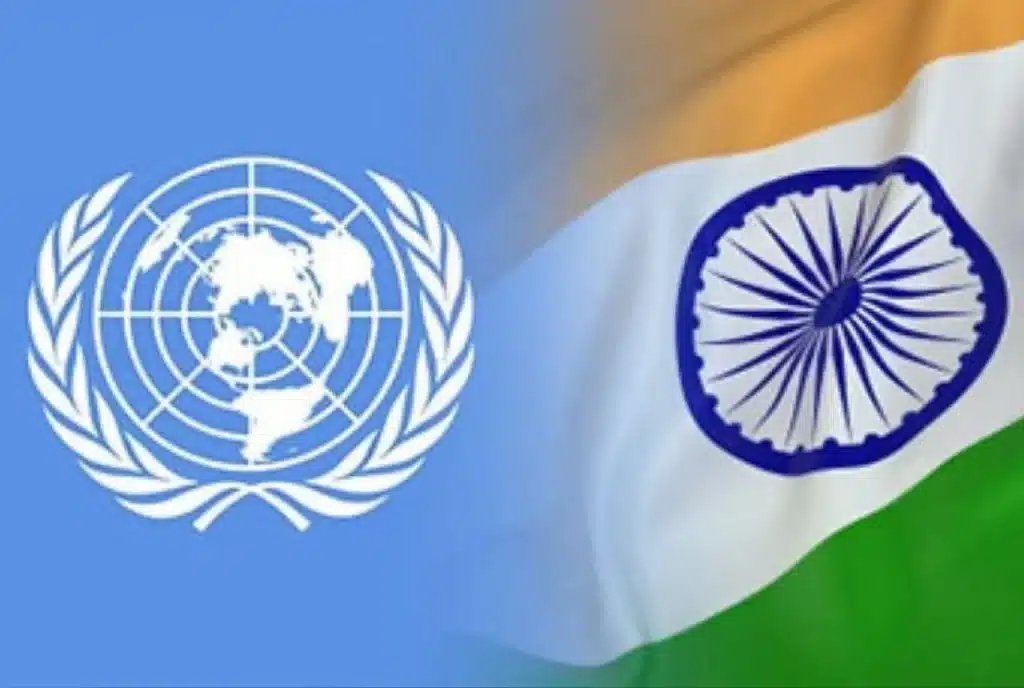
The UN Mission Indian Army: A Legacy of Valor
The UN mission Indian Army has left an indelible mark on the history of peacekeeping. Indian soldiers have been present in some of the toughest missions, where they not only provided security but also extended humanitarian support to local populations.
Key contributions include:
- Congo (1960s onwards): Indian troops played a decisive role in stabilizing one of the UN’s most challenging missions. Their bravery and professionalism earned worldwide respect.
- Korea, Gaza, and Lebanon: Indian soldiers acted as impartial supervisors of ceasefires and offered a neutral presence in highly volatile situations.
- Sudan and South Sudan: Indian contingents provided medical care, built infrastructure, and engaged in community support programs, ensuring that peacekeeping also meant peacebuilding.
- Liberia (2007): India deployed the first all-female Formed Police Unit, inspiring greater female participation in global peace and security operations.
The peacekeeping UN missions carried out by the Indian Army reflect a blend of discipline, empathy, and long-term vision—qualities that continue to inspire respect across the globe.
Philosophy of Indian Peacekeeping
What sets India apart in the realm of peacekeeping force UN operations is its unique philosophy. Indian troops emphasize impartiality, respect for local communities, and a humanitarian approach. They are often involved in rebuilding essential services such as education, healthcare, and infrastructure—going beyond their military role.
This reflects the larger vision of India and the UN partnership, where peace is not simply the absence of war but the presence of justice, stability, and human dignity.
Challenges in Peacekeeping
Despite their importance, United Nations peacekeeping forces face numerous challenges:
- Resource Limitations: Missions often operate with restricted budgets and logistical constraints.
- Political Complexities: Peacekeepers must remain neutral while navigating sensitive political situations.
- Dangerous Environments: Operating in active conflict zones exposes soldiers to high levels of risk.
- Community Expectations: Local populations expect not just safety but also developmental support, placing added responsibility on peacekeepers.
The fact that India continues to contribute significantly, even under these challenging conditions, highlights its commitment to the global cause of peace.
Recognition of India’s Role in UN Peacekeeping
India’s leadership in peacekeeping UN has earned global recognition. By consistently providing trained soldiers and pioneering steps such as deploying all-women contingents, India has set standards for other nations. The country’s efforts reflect both its global standing and its belief in gender equality, inclusiveness, and humanitarian service.
International leaders and local communities alike often acknowledge the compassion and integrity of the UN mission Indian Army, further cementing India’s role as a trusted partner in global peace.
Why Peacekeeping Remains Vital Today
In an era of complex conflicts—shaped by terrorism, ethnic rivalries, climate change, and political instability—the importance of United Nations and peacekeeping is greater than ever before. These missions remain one of the few credible means of preventing violence from spreading and giving societies a chance to recover.
For India, participation in these missions is more than an obligation; it is a reflection of its identity as a nation that values non-violence, inclusivity, and collective responsibility.
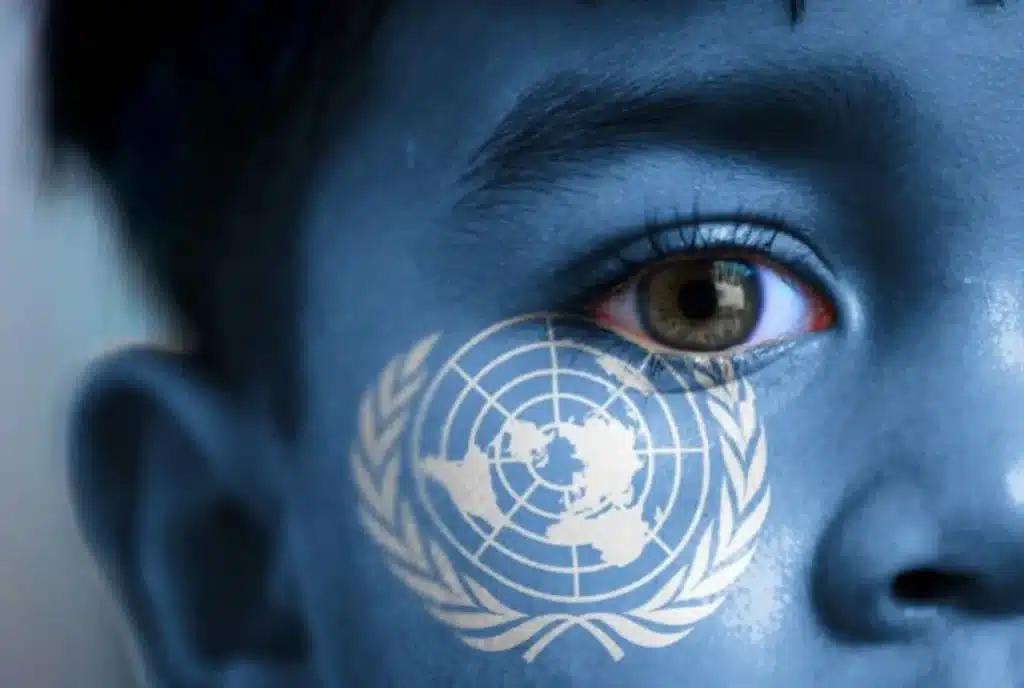
Role of Educational Institutions
Institutions like Chaitanya Bharathi play a critical role in helping students understand the significance of international cooperation. By studying topics such as United Nations peacekeeping, the contributions of the UN mission Indian Army, and the broader relationship between India and the UN, students gain valuable insights into diplomacy, global governance, and humanitarian service.
Such knowledge prepares young learners to become future leaders who can continue India’s legacy in the field of global peace and security.
Conclusion: India’s Enduring Contribution to Peace
The journey of United Nations peacekeeping forces over the decades is a story of shared responsibility and global solidarity. Through its consistent participation, India has ensured that peacekeeping remains effective, credible, and humane. The bravery and compassion of the UN mission Indian Army have strengthened the reputation of both India and the United Nations, creating a bond of trust and respect.
The partnership of India and the UN demonstrates how nations can rise above borders to serve humanity. As new challenges emerge, the legacy of India in the peacekeeping force UN framework will continue to inspire not just governments and diplomats, but also students and future leaders.
In understanding the importance of United Nations and peacekeeping, one realizes that peace is not simply a global necessity—it is a shared responsibility. And India, through its tireless contributions, continues to prove that true strength lies not in domination, but in the service of peace.

